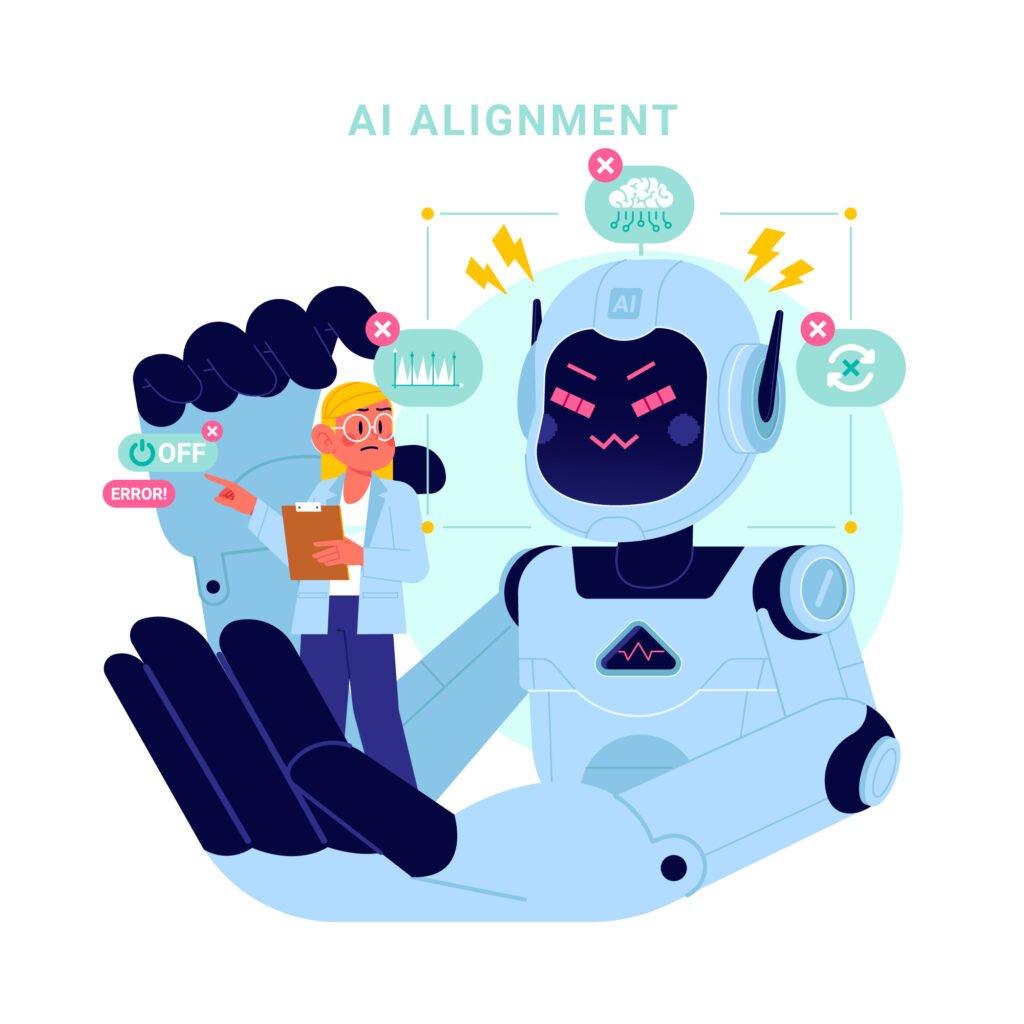Artificial Intelligence (AI) has rapidly evolved from a futuristic concept to a tangible reality, reshaping industries and societies worldwide. While AI offers immense potential for innovation and progress, it also raises significant ethical concerns

The Rise of AI: A Technological Revolution
AI, powered by machine learning and deep learning algorithms, has made significant strides in recent years. From self-driving cars to medical diagnosis, AI is revolutionizing various sectors.
Benefits of AI
- Increased Efficiency: AI-powered automation can streamline processes, reduce human error, and boost productivity.
- Enhanced Decision-Making: AI algorithms can analyze vast amounts of data to provide valuable insights and support informed decision-making.
- Personalized Experiences: AI can tailor products, services, and content to individual preferences, leading to more personalized experiences.
- Medical Advancements: AI-driven tools can aid in medical diagnosis, drug discovery, and personalized treatment plans.
- Environmental Impact: AI can be used to monitor environmental conditions, optimize resource usage, and develop sustainable solutions.

Ethical Concerns and Challenges
Despite its potential benefits, AI also poses significant ethical challenges:
- Job Displacement: As AI becomes more advanced, there is a risk of job displacement in various industries.
- Bias and Discrimination: AI algorithms can perpetuate biases present in the data they are trained on, leading to discriminatory outcomes.
- Privacy Concerns: AI systems collect and analyze vast amounts of personal data, raising privacy concerns.
- Autonomous Weapons: The development of autonomous weapons systems raises ethical questions about the use of lethal force by machines.

Mitigating Risks and Ensuring Ethical AI
To harness the power of AI responsibly, it is crucial to address these ethical concerns:
- Transparent AI: Develop AI systems that are transparent and explainable, allowing humans to understand their decision-making processes.
- Ethical AI Development: Establish ethical guidelines and regulations to govern AI development and deployment.
- Data Privacy and Security: Implement robust data protection measures to safeguard personal information.
- Human Oversight: Maintain human oversight and control over AI systems to prevent unintended consequences.

As AI continues to evolve, it is essential to strike a balance between innovation and ethics. By addressing the challenges and embracing responsible AI development, we can harness the power of this technology for the betterment of society.
